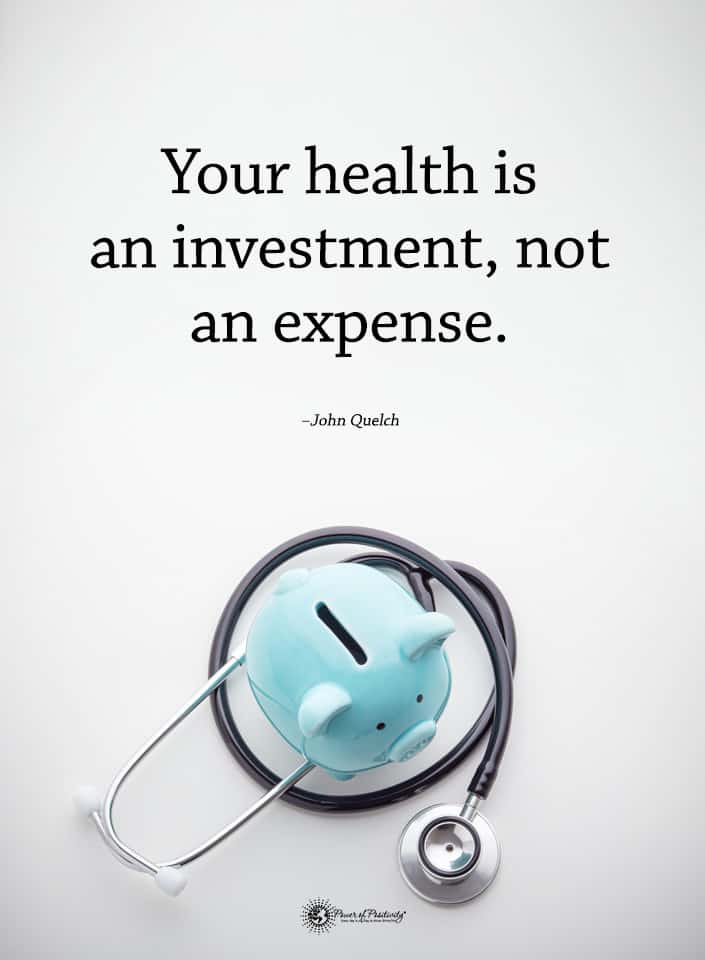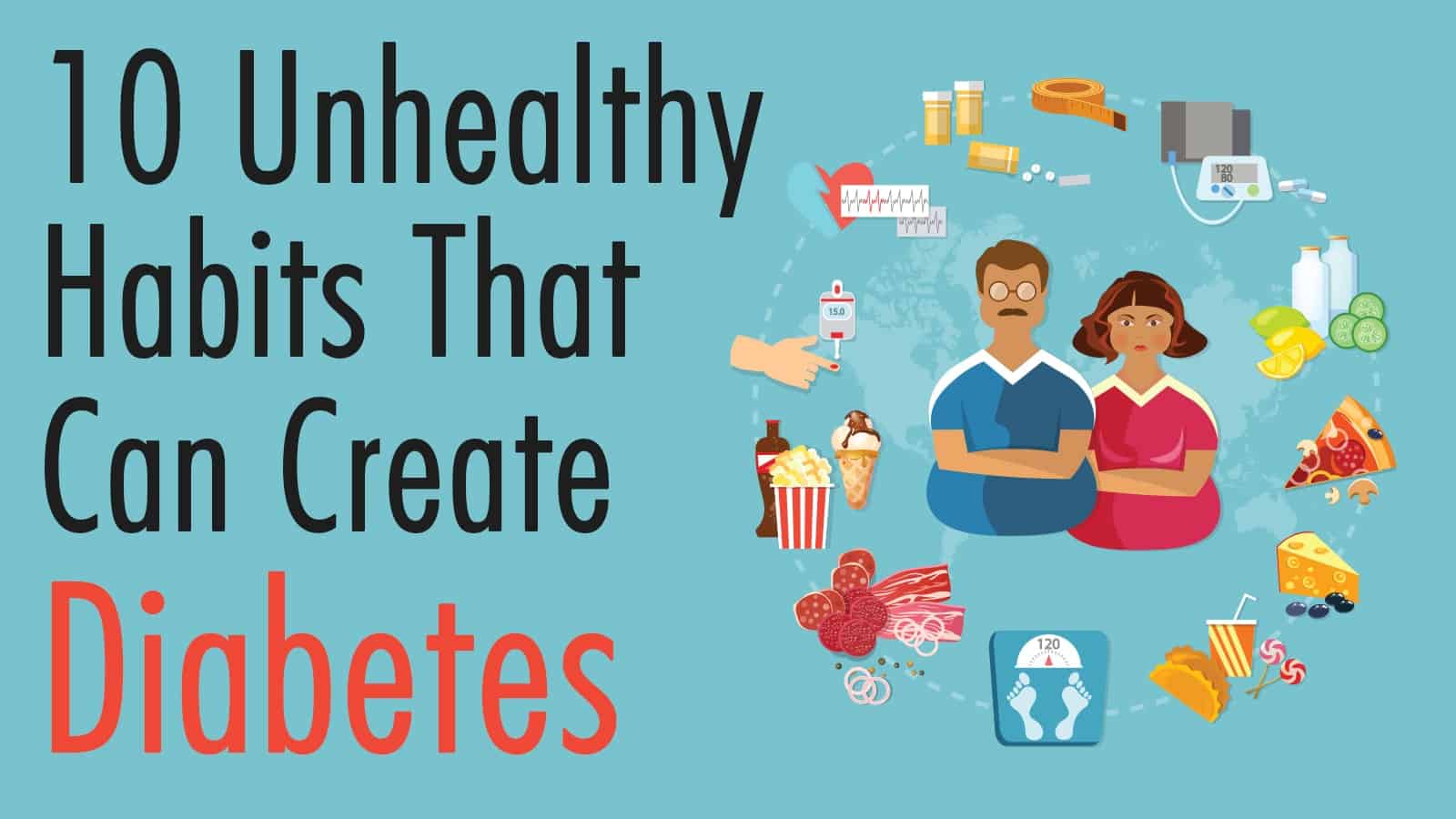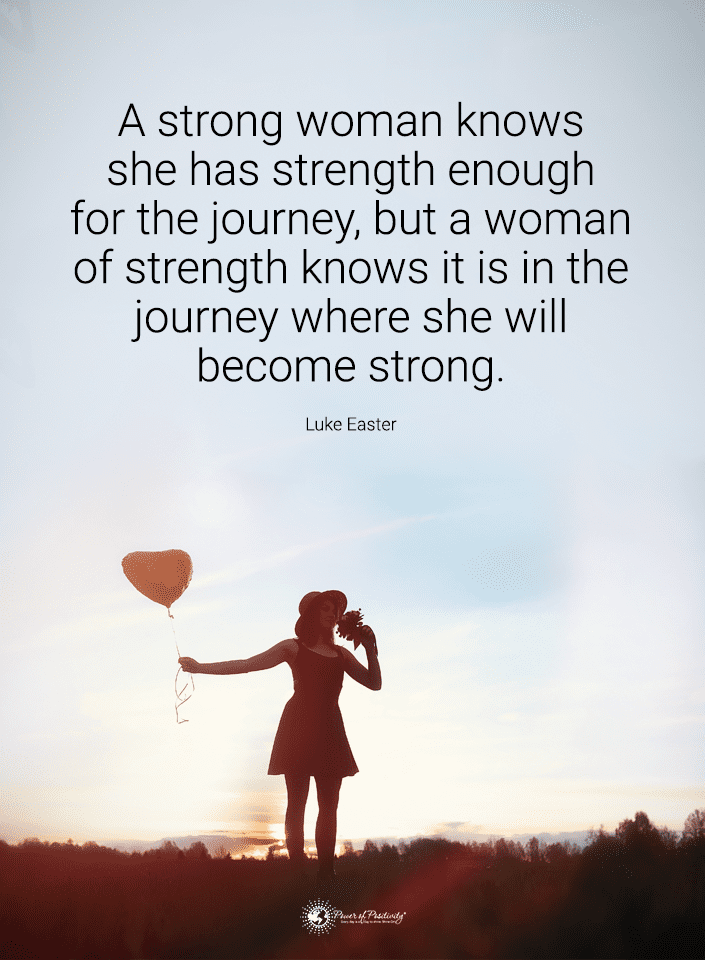Partnerships require diplomacy and tact. They also require a basic respect of the other person and their thoughts, feelings, opinions and goals. While most couples will eventually fall into the day-to-day discussion topics of work, family and news, couples should always be able to talk about more serious topics, even if they are uncomfortable. Sharing your concerns, ambitions, thoughts on world events, and opinions on major decisions should be a common, everyday thing with couples. If you are in a relationship and want a deeper conversation than “what do you want to eat for dinner?” here are some things you should always be able to talk about with your partner.
10 Things You Should Never Have A Problem Discussing With Your Partner
1. Goals
What are your goals for yourself and your relationship? These can be tricky and might change over time, and that is okay. Letting your partner know where you see yourself in the future and where you see the relationship is a good habit to get into. Communication is important, and goals like starting a family, moving somewhere else or changing careers is a huge step that should be discussed with your partner before you do anything. After all, it is their life too, and they get a say in where the relationship goes next.
2. Health
Always keep your partner in the loop if you are having health issues, even if they are relatively minor. No one wants to be blindsided with poor health in their partner. Health conditions can require extensive help from a partner if they are serious and they should be kept in the loop in case something unexpected happens.
3. The Future
Similar to goals but a little less concrete, the future can hold many different things for couples. Where do you both see yourselves in five years? In ten years? Do you want kids? Do you want to live in the city or the country? Make sure that both you and your partner are on the same page. Needs, wants and interests change over time, and so this conversation should happen periodically just to make sure you both know where the other person stands on important matters.
4. Happy Times
Happy times are great and can be a real morale booster after a tough day. You and your partner should always be able to reminisce about emotionally significant moments in your relationship. Remind each other of inside jokes and funny, embarrassing stories about each other. You should always be able to laugh with each other and remember the good times.
5. Difficulties
If you are having a difficult time with something, then talk with your partner. Your partner should be a safe zone where you can vent, get things off your chest, or express your frustrations with the world. You don’t have to carry the world on your shoulders alone. You are stronger together, and if you share the weight of whatever you are carrying, then the load becomes lighter for both of you.
6. Their Feelings
Some folks are better than others when it comes to sharing their feelings. If you cannot share your feelings with your partner, the person you have chosen to share your life with, then something is wrong. Your partner is the one person you should be able to be vulnerable with and let them inside your emotional world. You need to be able to tell them how you are feeling and why you are upset.

7. Fears and Concerns
There are a lot of scary things in the world, and relationships can be scary in and of themselves for some people. You should always be able to discuss your fears and concerns with your partner. If you both are communicating well and often with each other, then this should be no big deal and your partner will most likely be understanding and supportive. But, if you fear or concern comes out of nowhere because you kept it to yourself until it became an issue, it might cause a greater problem than it should have had it been dealt with early on.
8. Finances
More marriages are destroyed by finances than any other thing, mostly because one partner is kept out of the loop about how good or bad the finances are. Major financial decisions should be made by both people in the relationship and each should be kept aware of the other’s financial situation. Everyone goes through tough times and your partner will understand that. Keep them in the loop and work together to solve any problems that arise.
Related article: 10 Things Men Should Never Tell Their Pregnant Partner
9. Current Events
We are a connected society and most of us know quickly when anything significant happens in the world. You should always be able to talk about major events in the world with your partner. Even if you disagree on politics or religion, you should at least be able to have an adult conversation and, if necessary, agree to disagree without causing hurt feelings.
10. Honest Feedback
We all screw up from time to time and we all can be better people. You should be able to both communicate and receive honest and constructive feedback from your partner. Be adults and understand they just want you to be the best person you can be.










